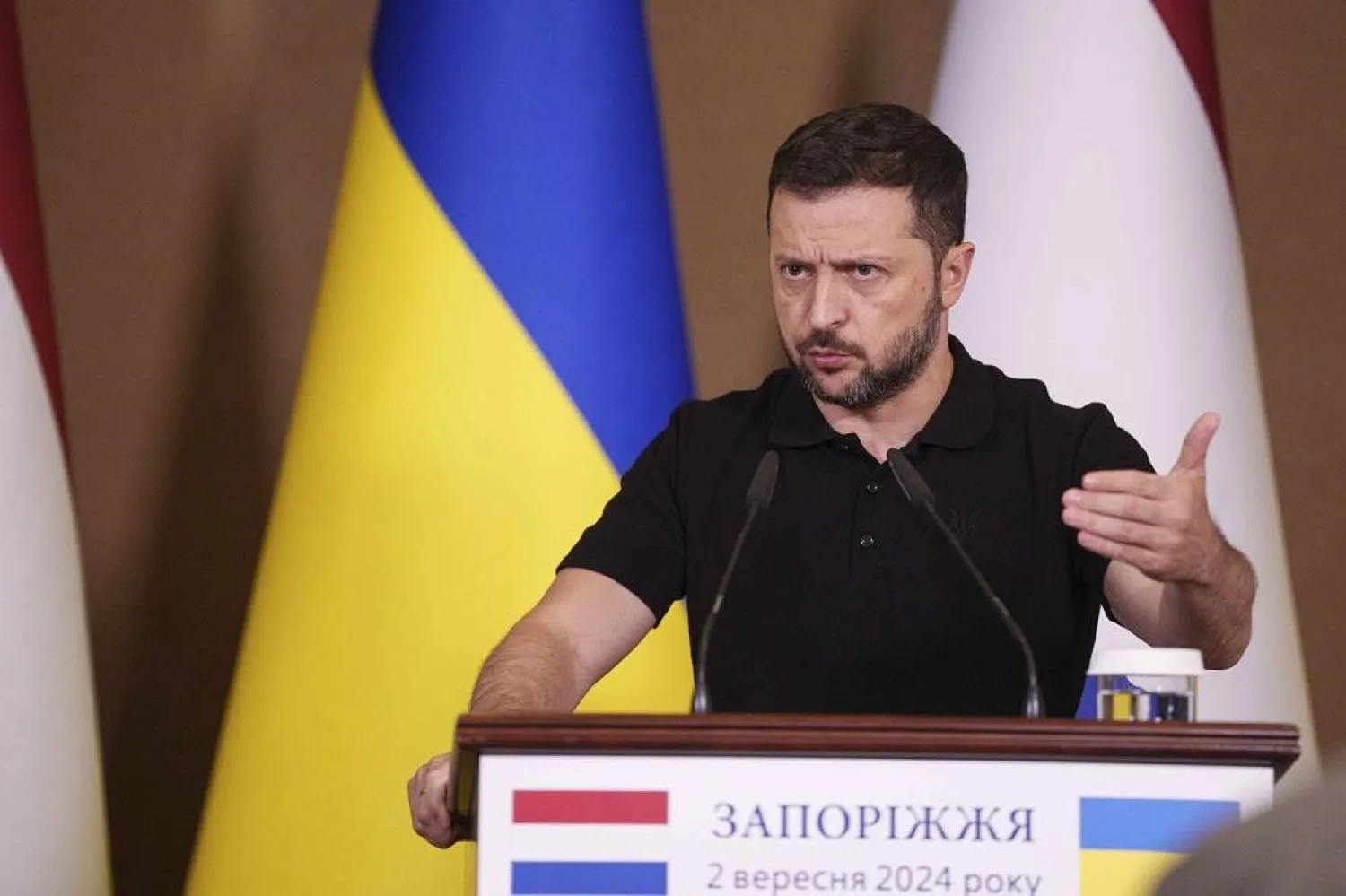Ukrainian President Volodymyr Zelenskyy met Friday with top United States military leaders and more than 50 partner nations in Germany to press for more weapons support Friday as Washington announced it would provide another $250 million in security assistance to Kyiv.
US Defense Secretary Lloyd Austin said the meeting of the leaders was taking place during a dynamic moment in Ukraine’s fight against Russia, as it conducts its first offensive operations of the war while facing a significant threat from Russian forces near a key hub in the Donbas.
So far the surprise assault inside Russia’s Kursk territory has not drawn away President Vladimir Putin’s focus from taking the Ukrainian city of Pokrovsk, which provides critical rail and supply links for the Ukrainian army. Losing Pokrovsk could put additional Ukrainian cities at risk.
While Kursk has put Russia on the defensive, “we know Putin’s malice runs deep,” Austin cautioned in prepared remarks to the media before the Ukraine Defense Contact Group met. Moscow is pressing on, especially around Pokrovsk, Austin said.
Recent deadly airstrikes by Russia have renewed Zelenskyy’s calls for the US to further loosen restrictions and obtain even greater Western capabilities to strike deeper inside Russia. However, the meeting Friday was expected to focus on resourcing more air defense and artillery supplies and shoring up gains on expanding Ukraine’s own defense industrial base, to put it on more solid footing as the final days of Joe Biden's US presidency wind down.
Zelenskyy said he would continue to press for the long-range strike capability. “Strong long-range decisions by partners are needed to bring the just peace we seek closer,” Zelenskyy said Friday on Telegram.
Western partner nations were working with Ukraine to source a substitute missile for its Soviet-era S-300 air defense systems, Austin said.
The US is also focused on resourcing a variety of air-to-ground missiles that the newly delivered F-16 fighter jets can carry, including the Joint Air-to-Surface Standoff Missile, which could give Ukraine a longer-range cruise missile option, said Bill LaPlante, the Pentagon’s top weapons buyer, who spoke to reporters traveling with Austin.
No decisions on the munition have been made, LaPlante said, noting that policymakers would still have to decide whether to give Ukraine the longer-range capability.
“I would just put JASSM in that category, it’s something that is always being looked at,” LaPlante said. “Anything that’s an air-to-ground weapon is always being looked at.”
For the past two years, members of the Ukraine Defense Contact Group have met to resource Ukraine’s mammoth artillery and air defense needs, ranging from hundreds of millions of rounds of small arms ammunition to some of the West’s most sophisticated air defense systems, and now fighter jets.
The ask this month was more of the same — but different in that it was in person, and followed a similar in-person visit Thursday in Kyiv by Biden's Deputy National Security Advisor Jon Finer as Zelenskyy shores up US support before the administration changes.
Since 2022, the member nations together have provided about $106 billion in security assistance to Ukraine. The US has provided more than $56 billion of that total.
The German government said Chancellor Olaf Scholz plans to meet Zelenskyy in Frankfurt on Friday afternoon.









